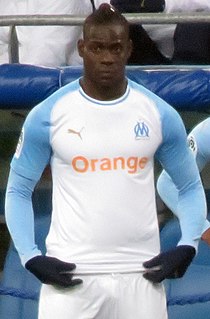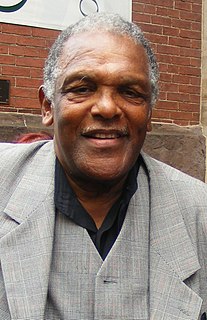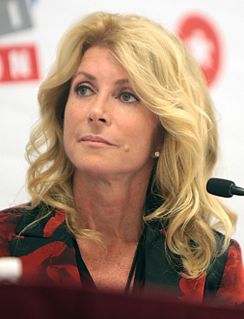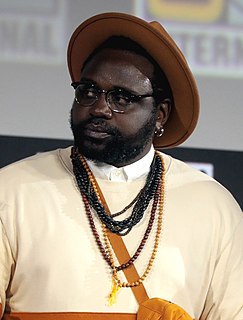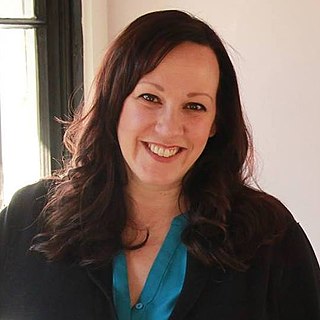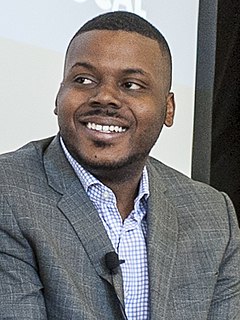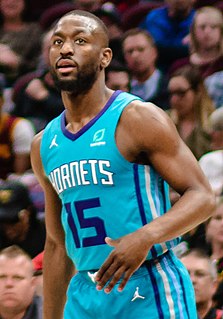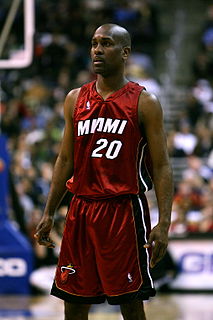A Quote by Patti Harrison
I think a lot of me trying to blend in was me co-opting the racism that was used against me in a way - being OK with it.
Related Quotes
It's usually very, very hard for me to pick up a script that was written and try and see myself as a part of that, especially when you're used to performing all your own material. It's OK with drama, I like being handed great material but I think with comedy it's far more personal and probably a lot harder for me to find a fit.
Even if I don't always behave as I should, this still doesn't explain why so many people have something against me. But you know how it is. A lot of people vent themselves by coming to the stadium to yell at me. I hope it's not racism. I tell myself that it's not racism; it's because I'm tough, and I repeat this to myself.
I think that the thing that holds so many of us back is our fear that we might fail, and I think we lose an incredible amount of talent and energy and enthusiasm that way. So I think, since I'm kind of a shining example of losing, that it's important for me to show that it's OK to lose, that I'm still so happy that I entered the fight, that I fought for something that mattered to me and that I gave voice to it and I made it part of the conversation. I want young women to know that it is OK to fail - it's not OK to stay home. It's not OK to not try.
My fellow actors inspire me a lot and really good writing inspires me. And then trying to stick to the decision to only do something that I think will challenge me and that I, personally and very subjectively, I think is good not do something because I think it will bring me a lot of money or bring me a lot of awards. I've tried to very, very rigorously be highly subjective about what I do. And that's something that I think I have basically lived by.


